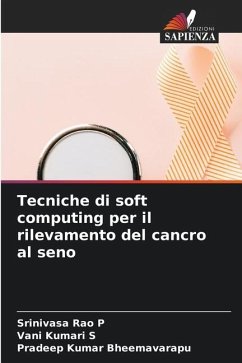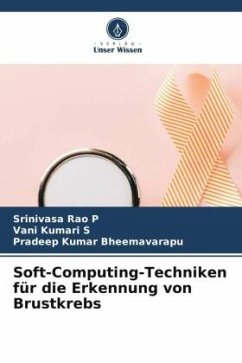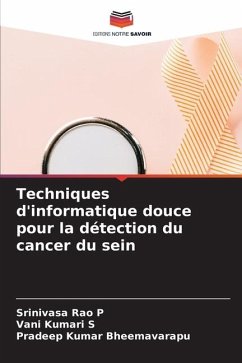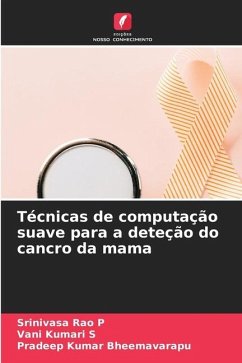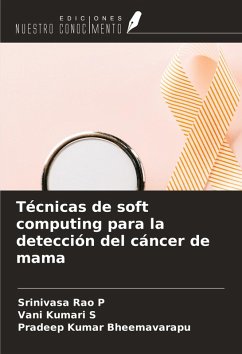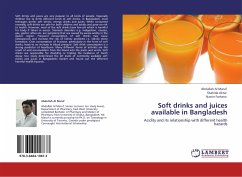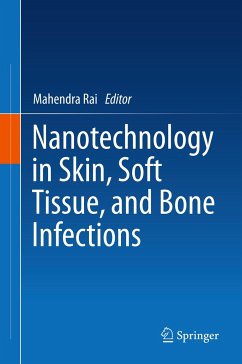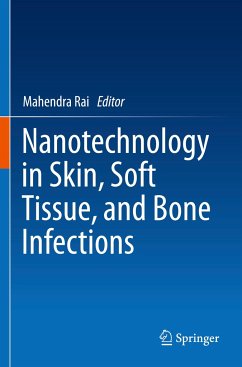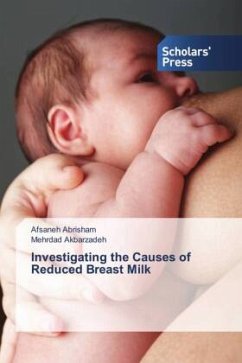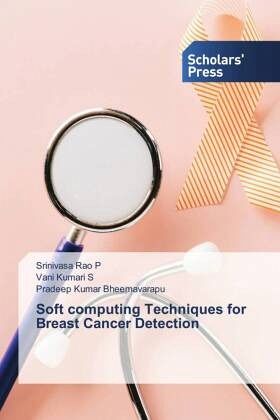
Soft computing Techniques for Breast Cancer Detection
Versandkostenfrei!
Versandfertig in 6-10 Tagen
43,99 €
inkl. MwSt.

PAYBACK Punkte
22 °P sammeln!
Soft Computing (SC) has emerged as a versatile tool for solving complex computational problems across various fields. SC leverages human-like recognition and learning capabilities to provide innovative solutions to real-world challenges. In an era of data explosion, effective data processing requires selecting key attributes for predictive modelling, leading to the demand for feature subset selection. Feature subset selection is a challenging NP-Hard problem, with various methods categorized into filter, wrapper, and embedded approaches. Metaheuristic algorithms, known for global search capabi...
Soft Computing (SC) has emerged as a versatile tool for solving complex computational problems across various fields. SC leverages human-like recognition and learning capabilities to provide innovative solutions to real-world challenges. In an era of data explosion, effective data processing requires selecting key attributes for predictive modelling, leading to the demand for feature subset selection. Feature subset selection is a challenging NP-Hard problem, with various methods categorized into filter, wrapper, and embedded approaches. Metaheuristic algorithms, known for global search capabilities, have been harnessed for feature selection to maximize classification accuracy. With a focus on medical applications, this study explores computer-aided diagnosis, where population-based feature selection methods enhance classification accuracy by reducing analysis time. The research introduces two novel metaheuristic methods, Separated Enemy Driven Dragon Algorithm (SEDDA) and Fitness-based Crow Search Algorithm (FSCA), and compares them with established techniques.



